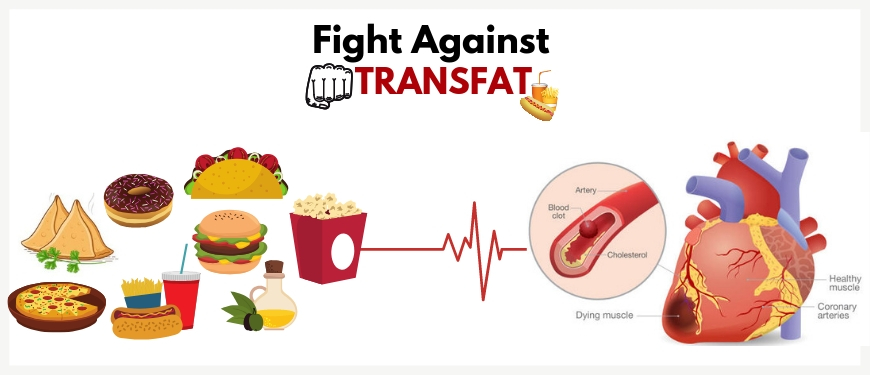As part of activities marking this years World Food Day, the Corporate Accountability and Public Participation Africa (CAPPA) and the Network for Health Equity and Development (NHED) have raised an alarm over fatalities attributable to trans-fat consumption in Nigeria.
The theme for this year’s commemoration is “Grow, nourish, sustain Together. Our actions, our future”.
Trans-fats are fats produced from the industrial process of hydrogenation, whereby molecular hydrogen (H2) is added to vegetable oil, converting liquid fat to a semi-solid and stable fat to have a long shelf life.
Speaking during a media briefing on Friday in Abuja, the executive director of CAPPA, Akinbode Oluwafemi, said that more Nigerians are now getting heart diseases, diabetes, obesity, cancers, dementia and deaths from consumption of imported vegetable oil that have high trans-fats content.

CAPPA and NHED are members of the coalition of CSOs working towards the elimination of trans fat in Nigeria.
According to Oluwafemi, represented by the Director of Programmes of the organisation, Mr. Philip Jakpor, the National Agency for Food and Drug Administration and Control (NAFDAC) and others concerned must take urgent action to stem the tide.
He urged the Governing Council of NAFDAC to speedily approve the guidelines and regulations on the use of fats and oils, as well as pre-packaged foods, water and ice labelling in the country.
“Fatalities attributable to trans fats consumption in Nigeria just a decade ago was 1,300 persons. But with the upsurge in the consumption of fast foods, packaged foods, baked foods and all sorts of processed foods best described as junk foods there is the likelihood that more people, especially the young upwardly mobile are at risk of a major trans fats- induced health catastrophe.
“A well-publicized report some weeks ago re-echoed what we have said over time. It alerted that more Nigerians are now getting heart attacks and strokes from consumption of imported vegetable oil that have high trans fats content.
“A host of countries especially in Europe and America have heeded this call and have either banned consumption of trans fat completely or reduced the quantity considerably in foods produced for the consumption of its citizens. Nigeria, with a huge and vulnerable population must not take the back seat in the global war against trans fats. Nigeria must set the pace on regulation of this silent killer on the African continent,” he said.
On his part, the Technical Adviser Transfat-Free Nigeria Campaign and Project Adviser Elimination of Trans-fat, NHED, Dr. Jerome Mafeni, urged Nigerians to take up the advocacy of ensuring a healthy lifestyle through elimination of Trans Fatty Acids (TFA) by eating healthy food and avoiding junks.
He said that new estimates by the World Health Organization (WHO), revealed that over 250, 000 persons died yearly from complications associated with the consumption of foods high in trans fats, thus leading to the call for the global elimination of industrially produced trans-fat by 2023.
He said, “Industrially produced TFA are used in baked and fried foods, pre-packaged snacks, and certain cooking oils and fats that are used at home, in restaurants and in street foods. Elimination of industrially produced TFA from food is feasible, and some countries are taking action, although until recently this has been mostly in wealthy countries. Efforts need to move beyond high-income countries so that everyone can benefit from TFA elimination.”

 Join Daily Trust WhatsApp Community For Quick Access To News and Happenings Around You.
Join Daily Trust WhatsApp Community For Quick Access To News and Happenings Around You.


